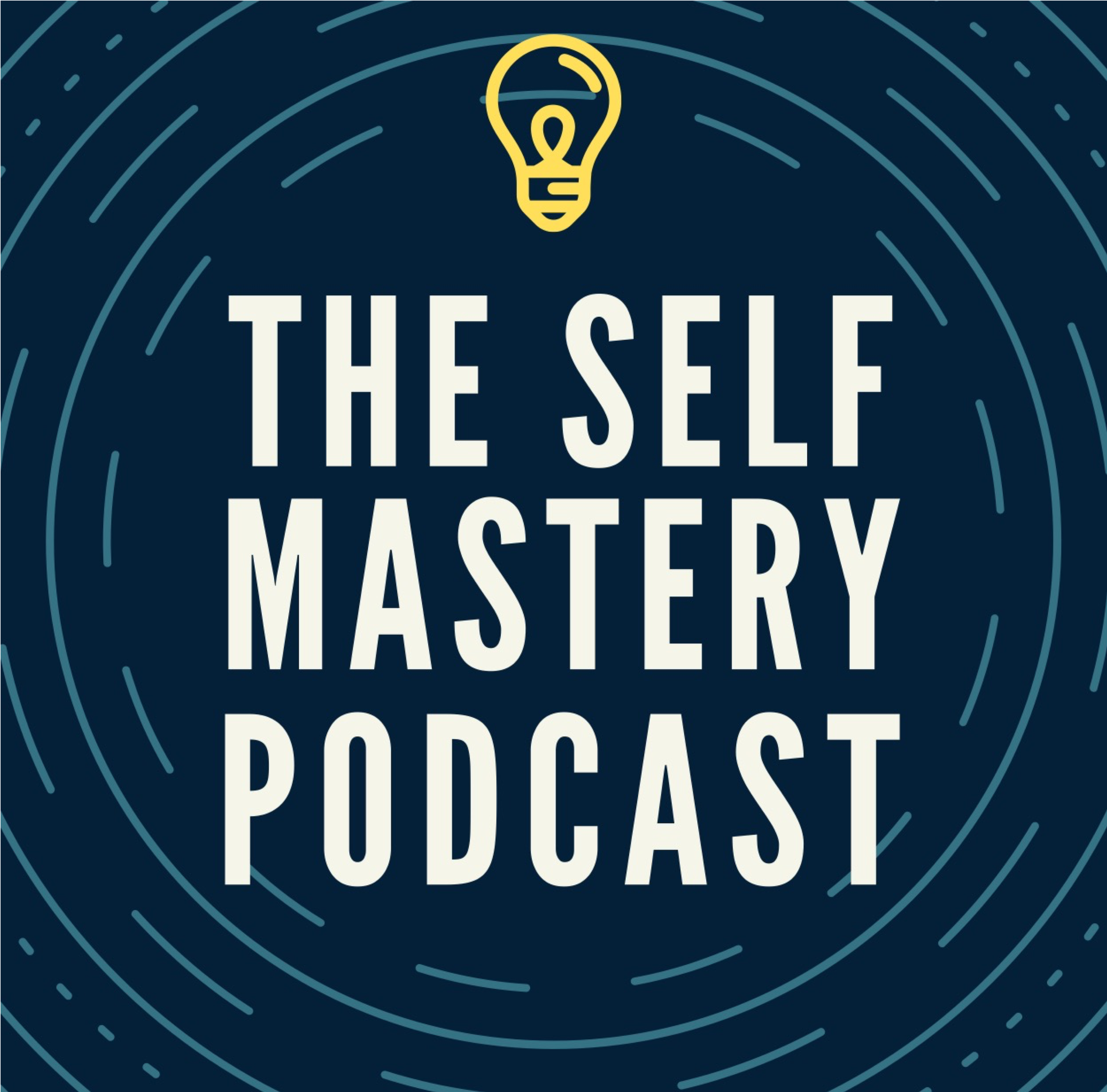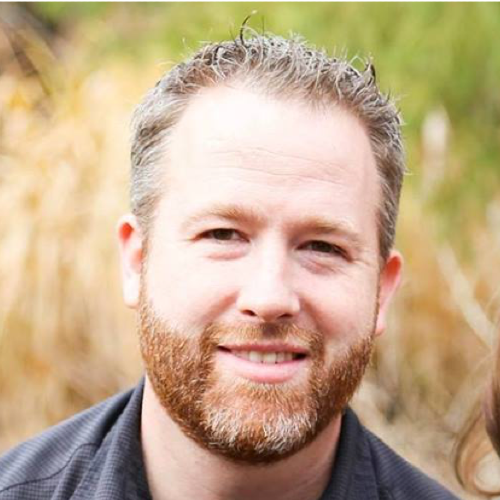The Cost of the Label “Addict” – Rethinking How We Frame Struggles with Pornography
Learning to Thrive Beyond Pornography use was the greatest challenge of our life and marriage. It had rocked my self confidence, tainted all of the most important experiences of my life and become the most impossible challenge I had.
With this podcast or at https://www.GetToThrive.com you'll learn about the struggle, how to overcome pornography use, and where to find additional resources to begin to thrive beyond pornography with your spouse.
At some point I took a step away from all the 12 step meetings and councilors and started to figure out my own brain, to look at my issue as something that I had the answer to and I was going to figure it out. Here I share those lessons and give you the power to start your own journey free. Whether you struggle with unwanted pornography use or are the spouse or partner, whether you feel stuck or just don't know where to start, here I will teach you principles, tools and skills that you can use today to change how you think and, in the end, what you do.
You'll hear interviews with my spouse, with experts on human sexuality and with former and current pornography users on how you can overcome your own struggle with addictive behavior.
The Thrive Beyond Pornography podcast will bring new perspective to your struggle and keep you coming back to improve all aspects of your life. (formerly, The Self Mastery Podcast: Overcome Pornography Forever)
Transcript
Episode 268
===
[:Zach Spafford: Hey everybody, welcome back to Thrive Beyond Pornography. I'm Zach Spafford, and today we're diving into something I think is vital to discuss. And this is the impact of casually using labels like addict when it comes to behaviors like pornography use. Terms we use to describe ourselves like addicts shape not only our self image, but also our relationships, our mental health, and how we approach challenges.
And over the years, this term has been applied so liberally to pornography use that many people have come to associate any struggle in this area with addiction.
Today, we're going to explore the effects of this label from both the scientific and the religious perspective. Let's look at what the experts are saying.
icle from the Deseret News in:But that doesn't necessarily make it a disorder, and Grubbs frames this behavior as a warning sign, much like a stomachache. I've often used the check engine light analogy.
This warning sign requires investigation into the underlying causes.
A stomachache could mean anything from indigestion to something more severe, like an ulcer or appendicitis. In the same way, frequent porn use might be a signal pointing to unresolved anxiety, depression, or even issues like ADHD.
In episode 234, we talked about how ADHD might be affecting your porn use. Having problems with porn doesn't tell you you have an addiction, Grubb says. We need to investigate further. I love how Grubbs brings this up because it shifts the focus from seeing the behavior as a problem to viewing it as a potential clue into a deeper need.
I've often said porn is not the problem, it can be a problem, and it can be problematic, but it's rarely the problem. It's often the problem. An indicator of something deeper that we need to be discussing and resolving.
s perspective by looking at a:I want you to hear that again. This study is about how people experience relationship anxiety when they understand themselves to be addicted to pornography, and it's fascinating. The researchers found that , many people label themselves as addicts due to the guilt and shame they feel, particularly in religious contexts.
One thing I take to mean from that is that your anxiety in your relationship goes up if you understand yourself to be an addict.
Now, this is key because the study didn't set out to prove or disprove pornography addiction. Instead, it focused on the distress that people experience when discussing their porn habits or when disclosing them to a romantic partner. Willoughby notes that conversations around porn in religious settings are often black and white.
You're either a porn addict, or you're not. For me, this raises a red flag on how we handle these conversations. When we make it all or nothing, we risk piling on shame rather than encouraging understanding. Research like this suggests that many people who view pornography don't actually engage in compulsive behavior, but the social narrative around the label addict can drive them to view themselves as one.
So, What does this mean for us? Labels can lead us to a limited and sometimes damaging perspective of ourselves and our partners. When someone begins to identify as an addict, it can create a sense of hopelessness or inevitability. I can't tell you how many times I have a guy come in and he's like, "well, you know, my brain offered me this and I was either gonna fight it all day, or I was just gonna give in in that moment. So I figured I might as well just give in so then I don't have to fight with it all day."
And this sense of inevitability makes them feel as if they are permanently broken or out of control. this is where our mindset plays a crucial role.
Zach Spafford: In fact, as Willoughby mentions, openness and understanding in conversations about pornography could help reduce some of this anxiety. If we move away from a rigid addict narrative and focus instead on understanding behaviors, we open up possibilities for real connection, real self reflection, and real positive change.
I think it's important to recognize that labels don't define us. A struggle doesn't make you an addict. Rather, it's an opportunity to understand a deeper story about yourself. This is why I've developed the Detour Cycle. It's a five step framework that helps you understand exactly why it is that you're choosing to view pornography and getting you to those earlier steps that don't often come up in conversation.
start connecting the dots to [:Here at Thrive Beyond Pornography, we use frameworks like connecting the dots, like the Detour Cycle, like acceptance and commitment training.
It's all about understanding the tactics we use to avoid difficult emotions and then learning skills and tools and processes that we can use to deal with those difficult emotions, difficult underlying stories, and then how to practice those so that it becomes automatic and habitual to deal with difficult things rather than to run from them, which is what this most pornography use is.
Ultimately, this is about reclaiming control over the words we use, both in our own minds and with each other. Labels are powerful and when used without care, they can trap us in stories that aren't helpful. If you're struggling with pornography or any other negative habit or any other habit that you do too much more often than you'd like, or something that keeps you from living the way that you expect yourself to live, according to your values, I invite you to look beyond the label.
Ask yourself, what's really going on here? What is the story my brain is telling me that makes me feel the way that I feel? And why is it that my brain is offering me an escape into this thing? I want you to consider it a chance to dive into a deeper conversation with yourself and the people that you trust.
Thanks for joining today's episode.
Remember, you have the power to rewrite this story, one thoughtful conversation at a time. Alright, my friends, I hope this has been helpful.
If you need help with this, please set up a conversation By going to gettothrive.com/workwithZach. I'd love to chat with you and help you begin the process of putting pornography in the past and start thriving beyond it.
All right, my friends, I'll talk to you next week.




